If you're renting a home in Florida and have fallen behind on your rent, you might be feeling stressed and unsure of your rights. It's important to know that Florida law protects tenants from certain actions landlords might take when attempting to collect past due rent. This guide outlines what your landlord can and cannot legally do , empowering you with the knowledge to navigate this challenging situation.
What Your Florida Landlord Can Legally Do When Rent is Past Due:
Initially, your landlord can and likely will issue a written notice to pay rent or quit . According to Florida law, this notice must demand that you either pay the overdue rent or vacate the premises within a specific timeframe, typically three days excluding weekends and legal holidays. This notice is a crucial first step your landlord must take before proceeding with eviction. If your lease agreement includes a clause about late fees, your landlord may also charge these fees according to the lease terms, but Florida law does impose limits on the amount they can charge. The late fee cannot exceed the greater of $20 or 5% of the unpaid rent for each month the rent is late. If you fail to pay the rent or move out after receiving the notice, your landlord has the legal right to file an eviction lawsuit in court. This is a formal legal process that requires them to follow specific procedures. Your landlord may also eventually seek a money judgment against you for the unpaid rent, any lawful late fees, and costs for damages to the property that go beyond normal wear and tear, potentially affecting your credit. Additionally, once you move out, your landlord may be able to use your security deposit to cover the unpaid rent, but they must follow strict legal guidelines, including providing you with written notice of any claim against your deposit within 30 days of you leaving.
What Your Florida Landlord Cannot Legally Do When Collecting Past Due Rent:
Florida law strictly prohibits landlords from engaging in self-help eviction. This means your landlord cannot:
- Change the locks to prevent you from accessing your home, even if you haven't paid rent.
- Remove your personal belongings from the property; they must go through the formal eviction process in court.
- Shut off your utilities like electricity or water in an attempt to force you out of the property.
Furthermore, your landlord is not allowed to use harassment or intimidation tactics to collect rent. This includes:
- Making excessive or threatening phone calls or sending numerous text messages.
- Showing up at your property at unreasonable times or without providing proper notice (unless there's an emergency).
- Taking actions to publicly shame you.
Your landlord generally cannot enter your property illegally without proper notice (typically 24 hours) or your consent, unless there is an emergency. They also cannot seize your personal property as a way to secure payment for the rent without a legal judgment allowing them to do so. It's also illegal for your landlord to take retaliatory actions against you if you've asserted your legal rights, such as requesting necessary repairs to the property or reporting unsafe living conditions to a government agency. Retaliation could include things like raising your rent, attempting to evict you (if not solely for non-payment), or reducing essential services. Lastly, your landlord cannot charge you excessive or illegal fees that are not permitted under Florida law or clearly outlined in your lease agreement.
Facing Rent Collection Issues in Florida? Know Your Rights!
Understanding your rights as a tenant in Florida is crucial when dealing with past due rent. If your landlord is not following proper legal procedures or is engaging in illegal actions, you have options to protect yourself.
Are You a Tenant in Florida Facing Issues with Your Landlord? Contact Us Today.
If you are a tenant anywhere in Florida and are dealing with past due rent, potential eviction, improper landlord actions, or have questions about your rights, our firm is here to help. We understand the complexities of Florida landlord-tenant law and are dedicated to protecting the rights of tenants. Contact us today for a consultation to discuss your situation and learn how we can assist you.



